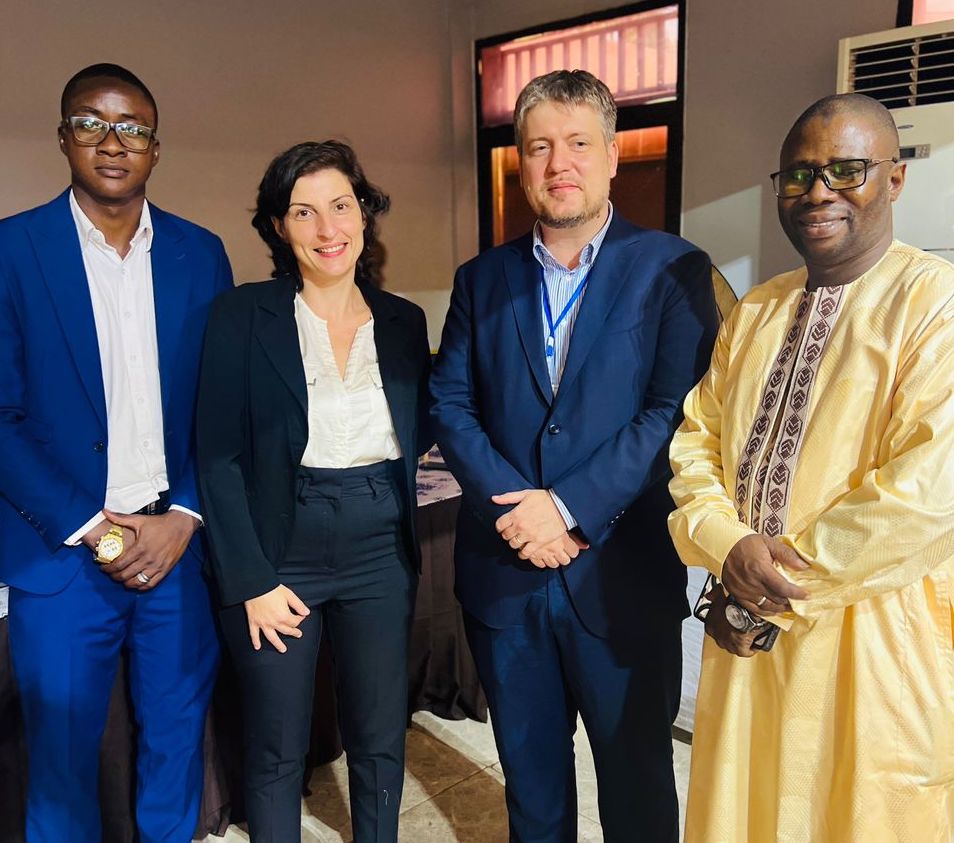A barometer of political violence, participatory engagement, and citizen mobilization for peaceful elections in Côte d'Ivoire
In Côte d'Ivoire, the socio-political environment and democratic governance remain fragile in many localities, more than a decade after the 2010 post-electoral crisis that officially claimed more than three thousand lives. The population's low level of participation in the management of public affairs, coupled with persistent tensions surrounding the appointment of certain customary or political authorities, and a feeling of abandonment and mistrust towards certain government authorities, provide fertile ground for the political manipulation of latent conflicts and tensions within communities.
This risk is particularly acute during elections. On the occasion of the local elections (municipal and regional on October 13, 2018) and the presidential election on October 31, 2020, violent confrontations within the population took place. In some localities, in addition to these tensions, accusations of pressure, manipulation of the electoral process and falsification of results were made between supporters. These cycles of political and electoral violence are further exacerbated by the lack of support for local democratic governance mechanisms, which are often weakened.
In response to these threats to peace and cohesion, Indigo Côte d'Ivoire and Interpeace, with the technical support of their partner SeeD (Centre for Sustainable Peace and Democratic Development), carried out a consultation process and a survey called SCORE, to analyze the key determinants and levers for preventing political violence in the country.
One of the key messages to emerge from this research is that "a locality's vulnerability to political violence is illustrated by a context in which communities tend to withdraw into themselves and avoid integrating with others".
Such contexts can be identified by the uneasy nature of daily interactions between social groups (political, religious, ethnic) and the easy transition from "harmless" events (e.g. a soccer match or a car accident) to inter-group conflict. This dynamic weakens the social bonds between communities, predisposing them to violent confrontation.
In response to these findings, the “Cadre de Collaboration” (CdC - Collaboration Frameworks) have been set up. This collaborative governance engineering of conflict prevention and management initiatives at local level has produced satisfactory results, such as the absence of violence observed during the municipal, senatorial and regional elections in 2023, in the areas where the project was implemented.
In Béoumi (central Côte d'Ivoire), for example, the CDC was set up in a context of great mistrust between communities. However, thanks to their actions, the first members of the collaborative framework, essentially made up of influential members of a single community, managed to integrate members of other communities into the group. They achieved this by canvassing relevant and influential actors to facilitate the participation of other communities in community-building initiatives; the latter were subsequently invited to the various workshops and dialogue sessions with the CDC, which facilitated their adhesion. Thanks to this strategy, the framework has a heterogeneous and inter-community coloration and now carries out activities in the different neighborhoods of the locality.
Similarly, the town of Divo (in the south of the country), which was notorious for inter-community clashes at every election, whether local or national, was able to win the bet of "Zero violence" at the last poll.
"In Divo, our CDC is quite young, dating back to March 2023. But before that, the town of Divo was marked by a succession of post-electoral conflicts. And these conflicts have remained etched in the collective memory. As a result, violence peaked in August 2020 (presidential election), resulting in loss of life (...). There was a certain polarization between natives and non-natives. The CDC initiated a number of actions aimed at these people, who were heavily involved in the violence of 2020. There were talk-debates with women who were also actively involved in the conflicts, and also a meeting with young people. This helped us enormously, as this year's regional and municipal elections took place peacefully. The CDC met with the political candidates and staff, and they got involved in the peace process. They resolved to talk to their militants to ensure that this year's elections take place in good conditions, and that's what's been done", says the sub-prefect of Divo.
Several of the region's administrative authorities have expressed the wish to see a Collaborative Framework set up in their constituencies. And indeed, as the 2025 presidential election approaches, there seems to be a major need to scale up and strengthen these prevention structures and mechanisms within the areas most affected during previous electoral cycles, as expressed by the stakeholders. The aim is to prevent divisions between supporters of different political leaders turning into community conflicts in the long term.
As the Ivorian Minister for National Cohesion, Solidarity and the Fight against Poverty, LOGBOH Myss Belmonde DOGO, put it at the close of the project: "As the project draws to a close, and with the 2025 elections looming, anticipation must be the watchword. We need to step up the pace so that we don't just act on the eve of the elections and reap positive results. That's why I'm inviting Interpeace, Indigo, SeeD and others to join us in building the future. (...) It's important to be able to extend this collaborative, citizen-based governance engineering beyond the localities that have already benefited, because the results show that this is an approach that can really help reduce violence and conflict in a sustainable way, and above all through the commitment and ownership of everyone", she asserted.
The head of the European Union delegation to Côte d'Ivoire, Ambassador Francesca Di Mauro, agrees: "We are all looking ahead to the upcoming elections, particularly the presidential elections, which are generating a great deal of excitement and therefore potentially present risks. This general context arouses our attention and challenges us all to consider our responsibility and our role in ensuring that the democratic game and the animation of political life are not opportunities for violence, but rather moments of dialogue to build a harmonious and peaceful society".
In line with these orientations, one of the main recommendations of this survey is the short-term implementation of a barometric tool enabling an early warning and response system based on the results of the SCORE analysis, going hand in hand with the scaling-up of collaborative frameworks throughout Côte d'Ivoire.
Access all SCORE survey results here and the summary report of analyses and recommendations here.
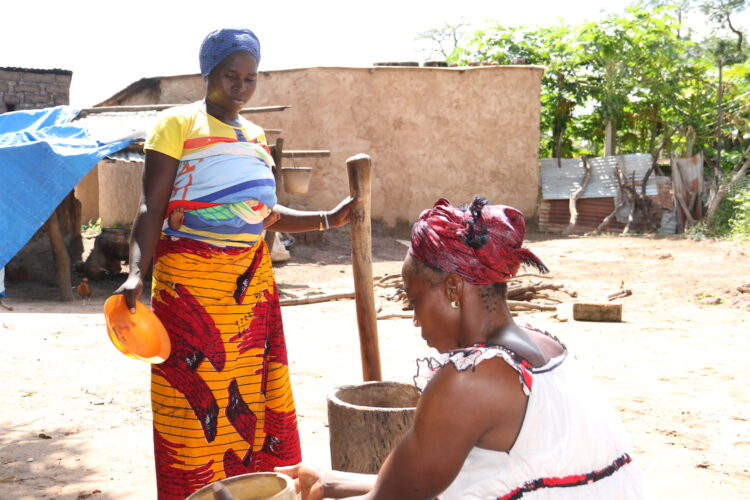
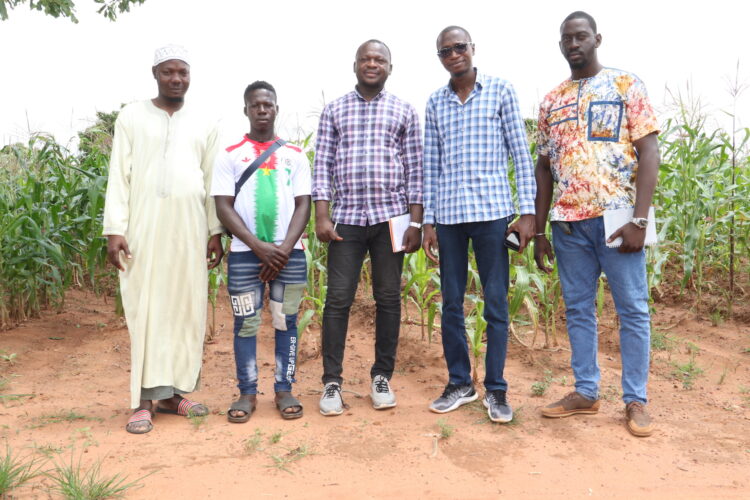
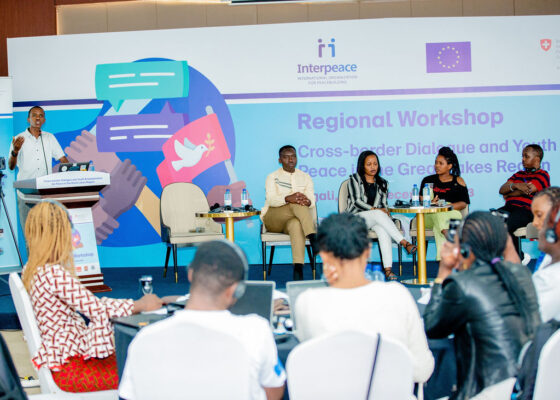
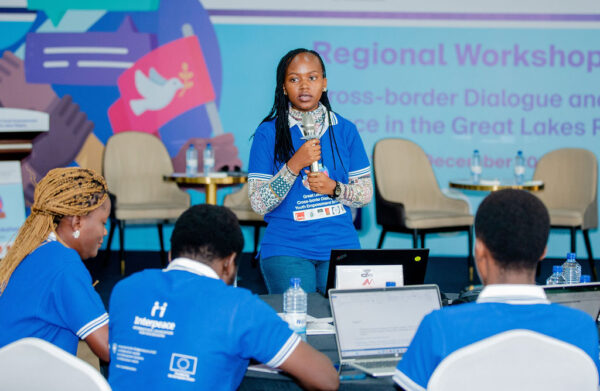
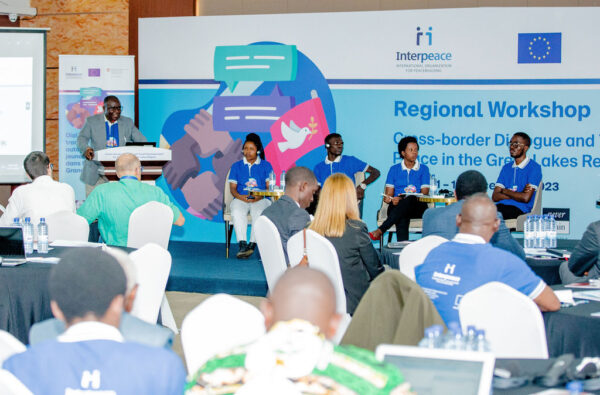

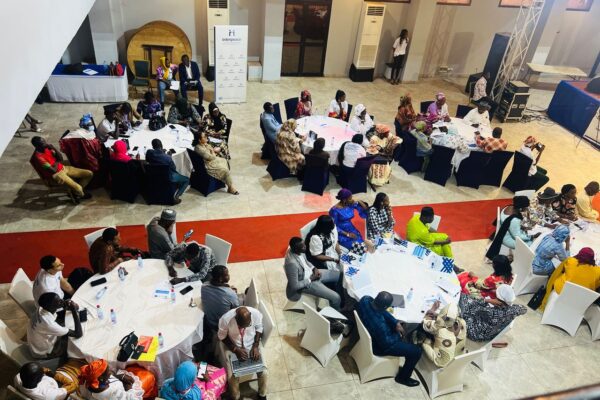
 Among the speeches made at the launch of the project, Ndeye Sow, representative of the Minister for the Promotion of Women, Children and the Family and advisor in charge of women's empowerment, noted that the project "comes at just the right time, as it responds perfectly to the concerns of the highest authorities of the transition for the emergence of a new Mali". "We can only welcome this great initiative", she added.
Among the speeches made at the launch of the project, Ndeye Sow, representative of the Minister for the Promotion of Women, Children and the Family and advisor in charge of women's empowerment, noted that the project "comes at just the right time, as it responds perfectly to the concerns of the highest authorities of the transition for the emergence of a new Mali". "We can only welcome this great initiative", she added.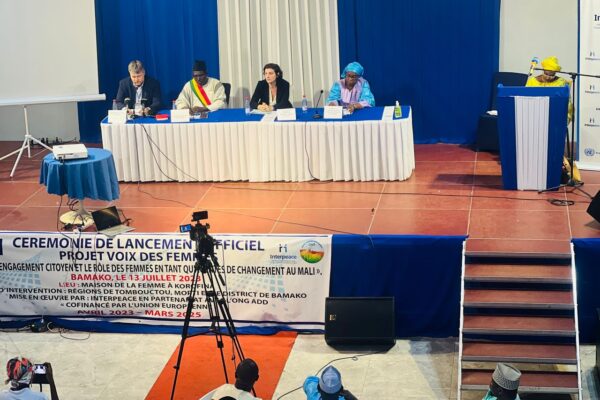
 This commitment is by no means a first for Interpeace in the country. Having been present since 2013, the organisation had already carried out an extensive assessment of Mali's peacebuilding challenges. In this participatory action research (PAR) involving over 5,000 people in eight regions of the country and in refugee camps in three neighboring states, it identified the main obstacles to progress as being the erosion of societal values, lack of access to employment for young people andproblems of governance and insecurity.
This commitment is by no means a first for Interpeace in the country. Having been present since 2013, the organisation had already carried out an extensive assessment of Mali's peacebuilding challenges. In this participatory action research (PAR) involving over 5,000 people in eight regions of the country and in refugee camps in three neighboring states, it identified the main obstacles to progress as being the erosion of societal values, lack of access to employment for young people andproblems of governance and insecurity.